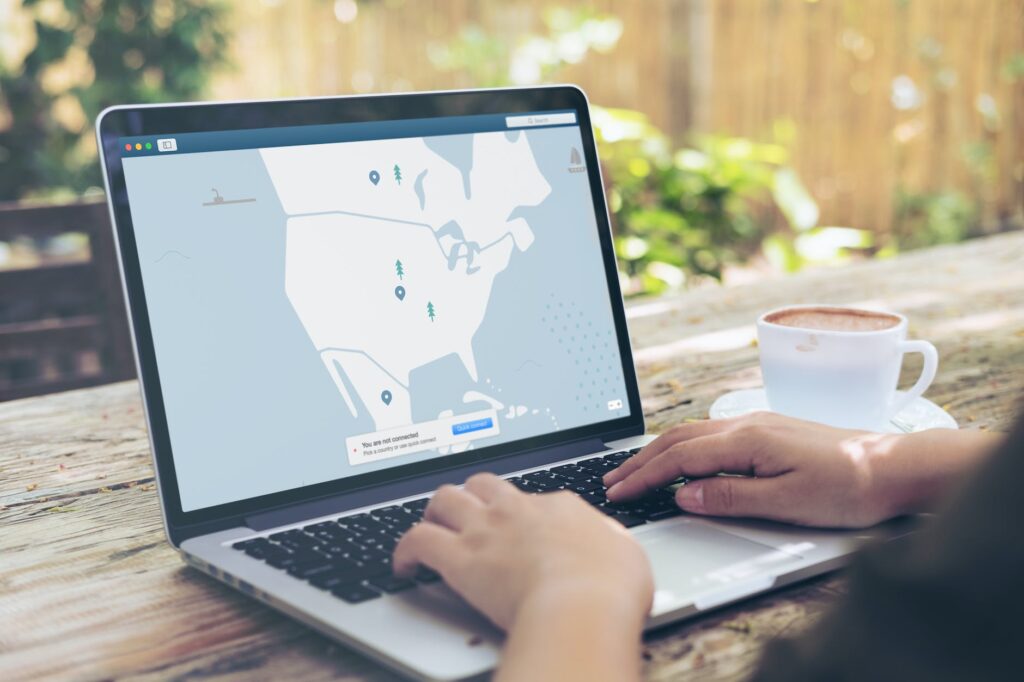Exploring the Benefits of VPNs: Strengthening Your Online Privacy and Security
Introduction to VPNs
In today’s digitally-driven world, safeguarding personal information and ensuring secure online interactions are paramount. Virtual Private Networks (VPNs) are an essential tool in achieving this by encrypting your internet connection and enhancing privacy. Understanding VPNs can empower users to protect their data and privacy online effectively.
How VPNs Work
VPNs create a secure, encrypted tunnel between your device and the internet. This process involves routing your internet traffic through VPN servers, which mask your IP address, making it nearly impossible for third parties to track your online activities.
Key Components of VPNs:
- Encryption: Protects data moving between your device and the internet.
- Server Locations: Access a broad network of servers worldwide to bypass geo-restrictions.
- Protocols: Various options like OpenVPN, L2TP/IPsec, and WireGuard offer different levels of speed and security.
Enhancing Online Privacy with VPNs
Privacy remains a significant concern with increasing surveillance and data collection practices. VPNs address these issues by ensuring:
- Data Anonymity: By masking your IP address, VPNs make it difficult for websites and online services to track your browsing habits and create tailored profiles based on your activities.
- Protection on Public Wi-Fi: Public networks are often unsecured, exposing connected devices to potential risks. VPNs encrypt the data, preventing cybercriminals from intercepting sensitive information like passwords and financial details.
Fortifying Online Security
VPNs excel in bolstering online security through these avenues:
- Preventing Data Breaches: By encrypting user data, VPNs reduce the chances of successful cyberattacks, thwarting hackers from capturing sensitive information.
- Bypassing Geo-Restrictions: Access content and services globally by selecting different server locations. This is particularly useful for streaming services with region-specific libraries.
Choosing the Right VPN
With numerous options available, selecting the right VPN can be challenging. Consider the following factors:
- Security Features: Look for strong encryption standards, a no-logs policy, and secure protocols.
- Server Network: A wider network ensures better connectivity and access to more content worldwide.
- Speed and Performance: Ensure the VPN offers high-speed servers to avoid lag during browsing or streaming.
- User-Friendly Interface: Prioritize VPNs with intuitive applications across various devices.
Common Concerns and Misconceptions
Despite their benefits, VPNs face several misconceptions:
- Complete Anonymity: While VPNs significantly enhance privacy, they are not a foolproof solution for complete anonymity. Users must still practice safe browsing habits.
- Slower Internet Speeds: While encryption can impact speed, premium VPNs usually offer fast servers to mitigate this issue.
Conclusion
VPNs are invaluable tools for enhancing online privacy and security. By encrypting your internet connection and masking your digital footprint, VPNs play a crucial role in personal data protection. Selecting a robust VPN service tailored to individual needs is vital for maximizing these benefits.
FAQ
- Are VPNs legal? Yes, VPNs are legal in most countries. However, certain regions may have restrictions, so it is advisable to check local regulations before using a VPN.
- Can a VPN guarantee complete anonymity online? While VPNs significantly enhance privacy, they do not offer absolute anonymity. It’s essential to combine VPN usage with other good security practices.
- Will a VPN affect my internet speed? A VPN may slightly reduce speed due to encryption protocols, but top-tier providers offer optimized servers to maintain fast connectivity.
- Do VPNs work on all devices? Yes, most VPN providers offer applications compatible with various devices, including smartphones, tablets, laptops, and desktops.
- Can I use a VPN for streaming services? Yes, VPNs can help access geo-restricted content on streaming services by allowing you to change your virtual location.



